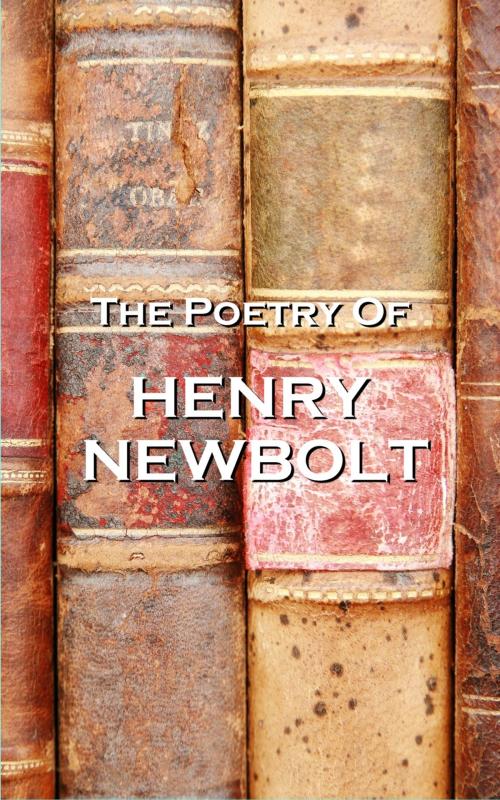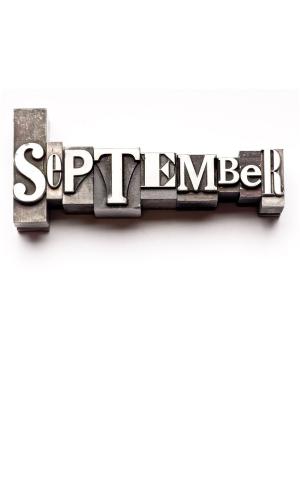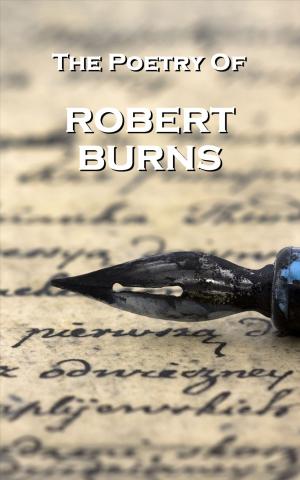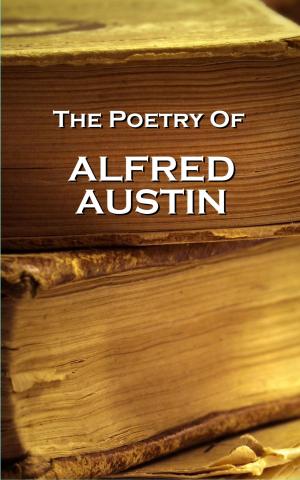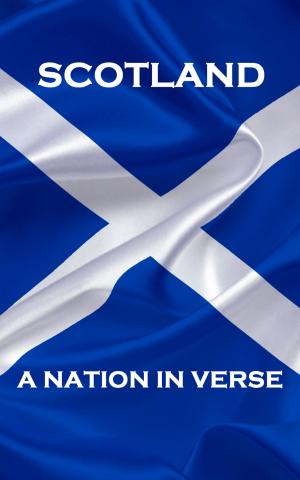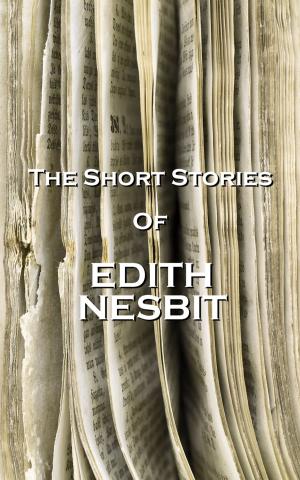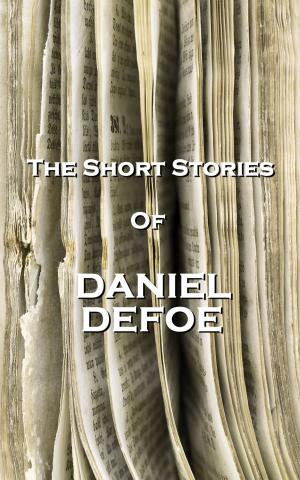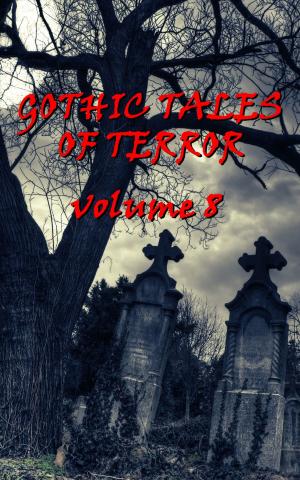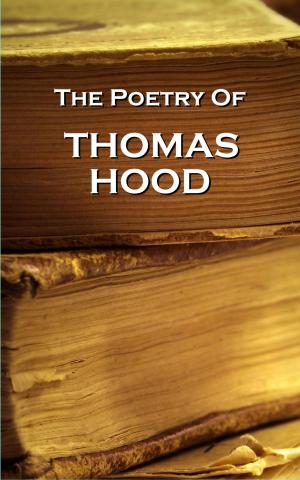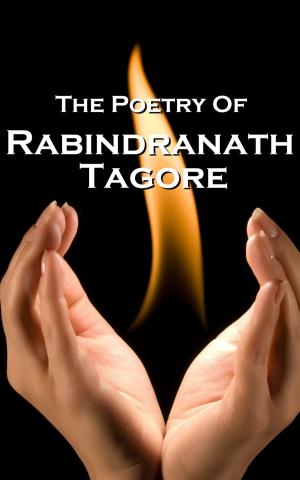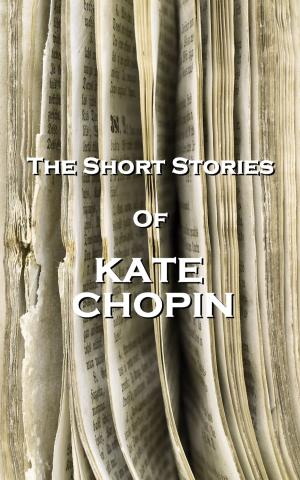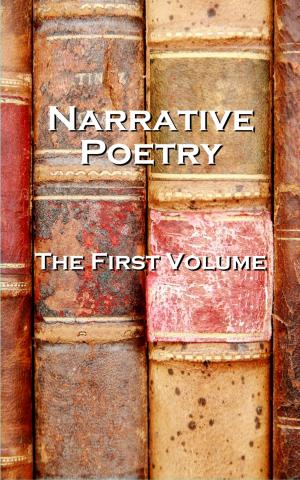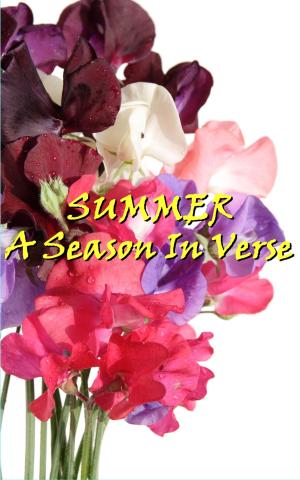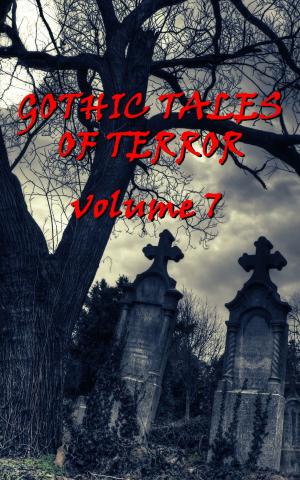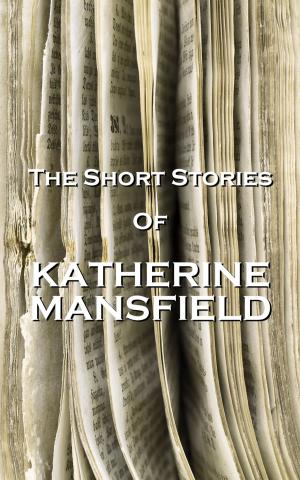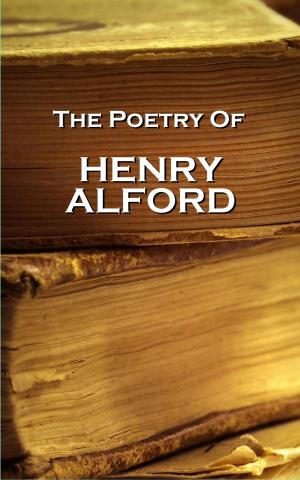The Poetry Of Henry Newbolt
Fiction & Literature, Poetry, Inspirational & Religious, British & Irish| Author: | Henry Newbolt | ISBN: | 9781780005645 |
| Publisher: | Copyright Group | Publication: | October 30, 2012 |
| Imprint: | Portable Poetry | Language: | English |
| Author: | Henry Newbolt |
| ISBN: | 9781780005645 |
| Publisher: | Copyright Group |
| Publication: | October 30, 2012 |
| Imprint: | Portable Poetry |
| Language: | English |
Poetry is a fascinating use of language. With almost a million words at its command it is not surprising that these Isles have produced some of the most beautiful, moving and descriptive verse through the centuries. In this series we look at individual poets who have shaped and influenced their craft and cement their place in our heritage. In this volume we look at the works of the English poet Henry John Newbolt. Born in Bilston, Wolverhampton on June 6th, 1862. The son of the vicar of St Mary's Church, the Rev. Henry Francis Newbolt, and his second wife, Emily. After his father's death, the family moved to Walsall, where Henry was educated. First at Queen Mary's Grammar School and then Caistor Grammar School, from where a scholarship took him to Clifton College, where he was head of the school (1881) and edited the school magazine. He married Margaret Edina Duckworth of the prominent publishing family; they had two children; a boy, Francis and a daughter, Celia. However behind the prim Edwardian exterior lay a complicated domestic life: a ménage à trois. His wife had a long running lesbian affair with her childhood love, Ella Coltman, who accompanied them their honeymoon. As an artist he is most widely known for the classic poem of Empire Vitai Lampada, written in 1892. The title is from a quotation by Lucretius meaning 'the torch of life'. It refers to how a schoolboy, a future soldier, learns selfless commitment to duty in cricket matches in the famous Close at Clifton College. He was to write several novels but it is his poetry which caught the publics attention and we have gathered together the best of his work here in this volume. Newbolt was knighted in 1915 and made a Companion of Honour in 1922. He died at his home in Campden Hill, Kensington on April 19th 1938, aged 75 and was buried in the churchyard of St Marys Church on an island in the lake of the Orchardleigh Estate of the Duckworth family in Somerset. Many of the poems are also available as an audiobook from our sister company Portable Poetry. Many samples are at our youtube channel http://www.youtube.com/user/PortablePoetry?feature=mhee The full volume can be purchased from iTunes, Amazon and other digital stores. Among the readers are Richard Mitchley and Ghizela Rowe
Poetry is a fascinating use of language. With almost a million words at its command it is not surprising that these Isles have produced some of the most beautiful, moving and descriptive verse through the centuries. In this series we look at individual poets who have shaped and influenced their craft and cement their place in our heritage. In this volume we look at the works of the English poet Henry John Newbolt. Born in Bilston, Wolverhampton on June 6th, 1862. The son of the vicar of St Mary's Church, the Rev. Henry Francis Newbolt, and his second wife, Emily. After his father's death, the family moved to Walsall, where Henry was educated. First at Queen Mary's Grammar School and then Caistor Grammar School, from where a scholarship took him to Clifton College, where he was head of the school (1881) and edited the school magazine. He married Margaret Edina Duckworth of the prominent publishing family; they had two children; a boy, Francis and a daughter, Celia. However behind the prim Edwardian exterior lay a complicated domestic life: a ménage à trois. His wife had a long running lesbian affair with her childhood love, Ella Coltman, who accompanied them their honeymoon. As an artist he is most widely known for the classic poem of Empire Vitai Lampada, written in 1892. The title is from a quotation by Lucretius meaning 'the torch of life'. It refers to how a schoolboy, a future soldier, learns selfless commitment to duty in cricket matches in the famous Close at Clifton College. He was to write several novels but it is his poetry which caught the publics attention and we have gathered together the best of his work here in this volume. Newbolt was knighted in 1915 and made a Companion of Honour in 1922. He died at his home in Campden Hill, Kensington on April 19th 1938, aged 75 and was buried in the churchyard of St Marys Church on an island in the lake of the Orchardleigh Estate of the Duckworth family in Somerset. Many of the poems are also available as an audiobook from our sister company Portable Poetry. Many samples are at our youtube channel http://www.youtube.com/user/PortablePoetry?feature=mhee The full volume can be purchased from iTunes, Amazon and other digital stores. Among the readers are Richard Mitchley and Ghizela Rowe
